
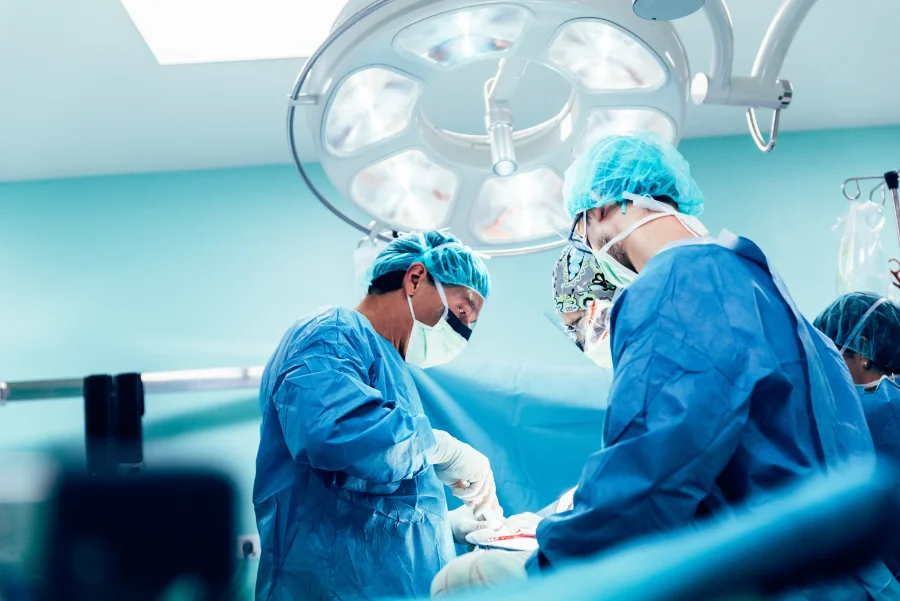
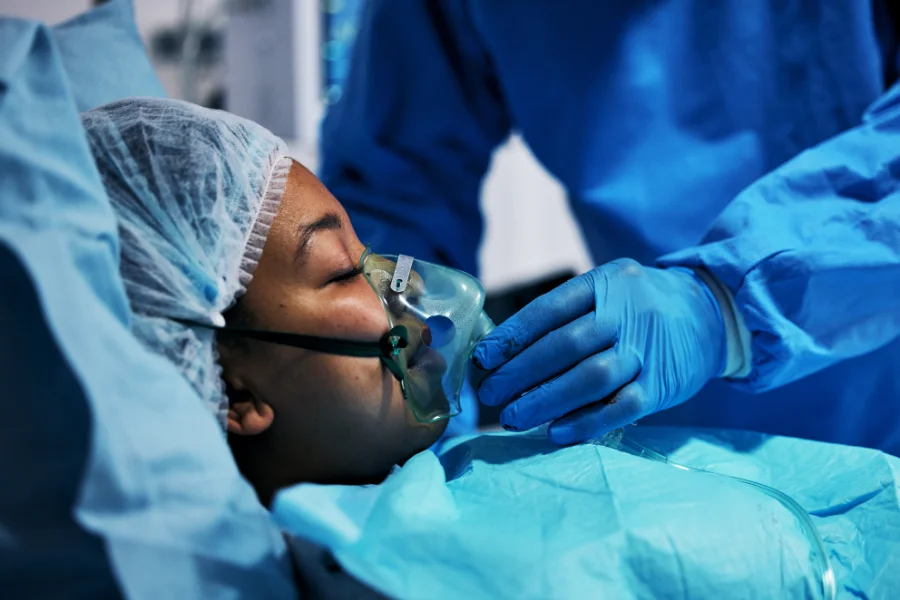


ACDF (Anterior Cervical Discectomy and Fusion) surgery is a common procedure for treating neck pain and cervical spine issues. However, patients who undergo this surgery may experience an unpleasant metallic taste in their phlegm, which can be quite uncomfortable. The main reason behind this metallic phlegm taste is the use of metal implants during the surgery. When these implants come into contact with bodily fluids, they can cause a metallic taste.
The presence of mucus after ACDF surgery can result in a metallic taste in phlegm. This taste can be attributed to a range of factors, including swallowing difficulties, numbness in the throat, discomfort in the esophagus, inflammation in the larynx, or irritation in the throat due to the surgery itself. The sensory disruption caused by the surgery, coupled with mucus accumulation, can lead to the phlegm having a metallic taste.
If you experience a metallic taste in phlegm after ACDF surgery, there are a few potential treatment options to consider. Consuming clear liquids, such as water, herbal tea, or clear broth, can help alleviate the metallic phlegm taste. Additionally, sticking to soft foods in the early stages of recovery can aid in reducing discomfort. Engaging in short walks and gentle activities may also help alleviate the discomfort of the metallic phlegm taste. You could also try using MetaQil® Oral Rinse, the first-of-its-kind rinse that can help relieve the symptoms of Dysgeusia or Metallic Taste. Using a cervical collar, as advised by your healthcare provider, can provide support and reduce discomfort associated with the metallic phlegm taste. If the symptoms persist or worsen, it is always advisable to consult a medical professional for guidance on managing the metallic phlegm taste.

Preventing further mucus buildup is essential in managing mucus discomfort after ACDF surgery. Here are a few tips to help minimize mucus accumulation in the throat:
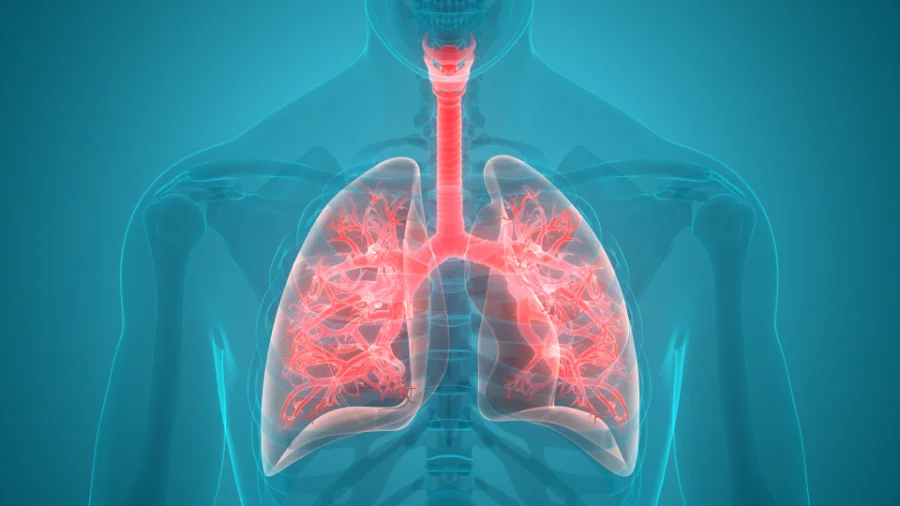
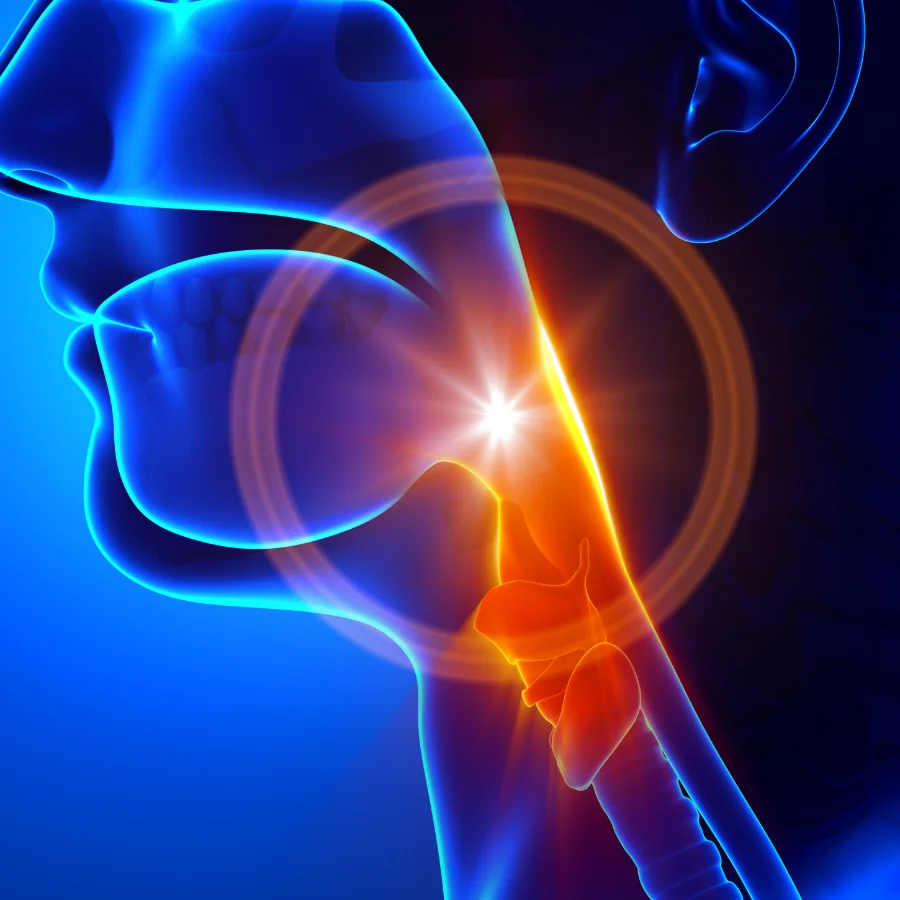
After ACDF surgery, mucus in the throat is common due to the irritation caused by the surgery and intubation. Neck surgery disrupts the natural mucus flow, leading to an accumulation in the throat. It typically resolves on its own within a few weeks as the throat heals.
In addition to managing mucus in throat after ACDF surgery, rehabilitation and treatment methods play a significant role in the post-ACDF surgery recovery process. Let’s explore a few techniques and interventions that can aid in the rehabilitation of patients who have undergone ACDF surgery.
Physiotherapy, including neck exercises, can play a crucial role in the recovery of patients who have undergone ACDF surgery. These exercises aim to improve neck function, range of motion, and overall neck mobility, while also reducing swelling, discomfort, and numbness in the throat and neck region. By incorporating neck exercises into the recovery process, patients can enhance cervical spine stability, promote a gradual return to normal activities, and support a healthy recovery.
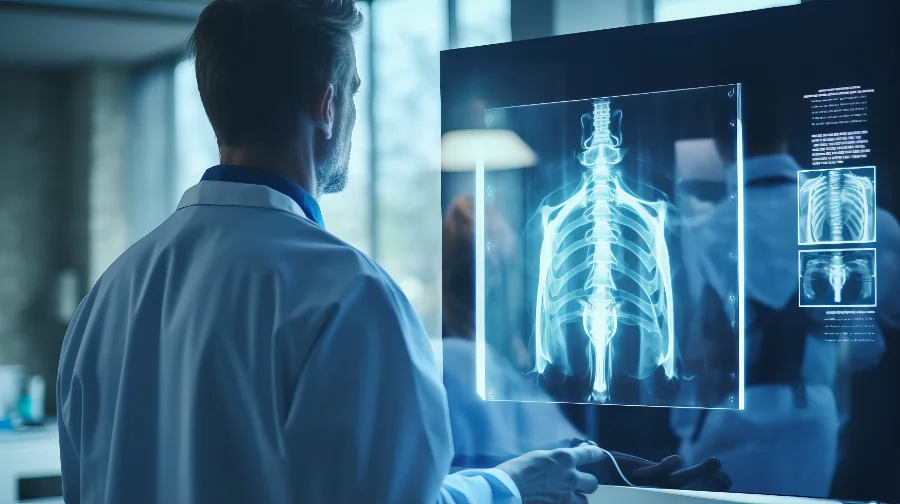




Coping with phlegm discomfort should gradually decrease in the weeks following neck surgery. However, if phlegm symptoms persist beyond the expected recovery period, it may be a sign of a complication, requiring a consultation with a neurosurgeon or a healthcare professional specializing in neck surgery. Prolonged mucus discomfort after the expected recovery period may warrant a radiographic assessment, such as an X-ray, CT scan, or barium swallow, to evaluate the surgical site, fusion of vertebral bodies, or the presence of other factors contributing to mucus accumulation. Consistent phlegm discomfort, impeding swallowing or causing discomfort, should be addressed by a healthcare professional to ensure a healthy recovery.

In conclusion, coping with mucus after ACDF surgery can be challenging but manageable. It is important to understand the causes of increased mucus production and take appropriate measures to manage it effectively. Hydration, breathing techniques, and the use of humidifiers can help in reducing mucus buildup. Additionally, understanding the potential risks and adverse effects of mucus build-up is crucial for maintaining respiratory health and proper swallowing and digestion. Rehabilitation and treatment methods such as physiotherapy techniques and medical interventions can aid in the recovery process. Paying attention to diet by including mucus-reducing foods and avoiding certain foods can also help control excessive mucus. Lastly, knowing when to seek medical attention is essential. If you experience any red flags or if coping with phlegm becomes prolonged, it is recommended to consult your healthcare provider for further evaluation and guidance.